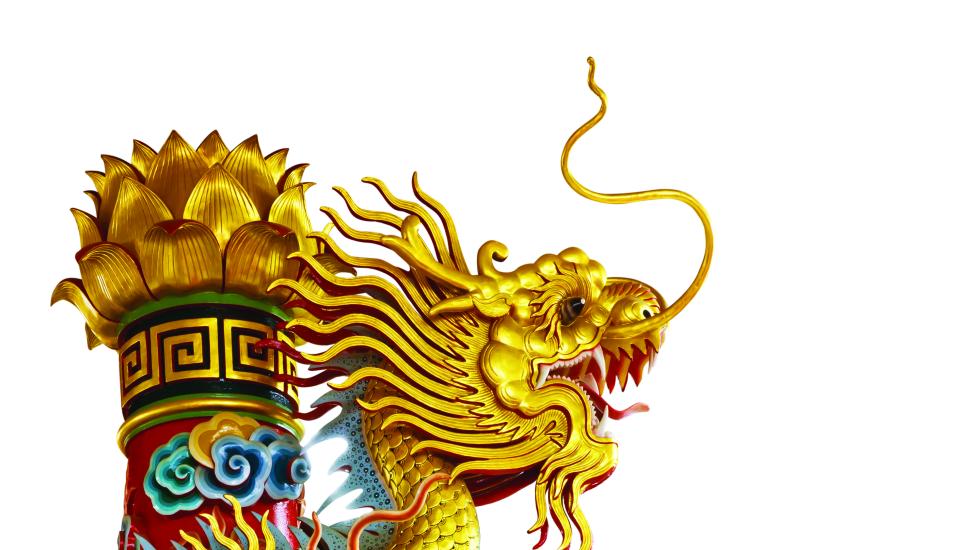Investment of the quarter: China fears 'overdone'

Macroeconomic and political issues continue to dominate the investment agenda in 2015, as uncertainty over Greece gave way to China's equity sell-off and surprise currency devaluation.
Chinese stocks crashed back down to earth in August though, by virtue of significant gains early in the year, the country's stock markets remain among the best performing of 2015.
Markets across the world were also spooked by a short, sharp currency devaluation, which, while far smaller than similar deterioration in the yen and euro in recent years, caused widespread unease among investors.
Notable China bull Hugh Hendry, in charge of portfolios at London-based macro hedge fund Eclectica Asset Management, was one of many exiting long positions in China's bear market in at least one of his funds, citing unmanageable volatility.
On closing the position, Hendry stressed Chinese equities cost Eclectica's Absolute Macro Fund, for which data is publicly available, only around 1% year-to-date.
“Time will tell whether we were wrong or just early,” he wrote.
“But it is worth highlighting that despite our bullish stance and dramatic recent losses in Chinese stock markets, Chinese equities have cost the fund less than 1% for the year.
“Losses have been kept in check by buying early and by being mindful of the very high volatility which prevented us from running a more significant exposure.”
Hendry concludes, “thankfully there are many more ways you can make money from a macro book without relying on binary wagers on higher or lower stock index values”.
Growing pains in China – nominal GDP has increased from $1.3 trillion to $10.4 trillion in 14 years – should be expected according to Rebecca Patterson, chief investment officer at multi family office (MFO) Bessemer Trust.
“In some ways, much like an awkward teenager, China's physical dominance, its economic heft, is not yet matched by maturity in other areas, particularly its capital account and financial markets,” writes Patterson in a quarterly investment perspective.
“Consider China's neighbour, Japan. China produces more than twice Japan's share of global GDP, yet its equity market's weight in a global index is tiny, at about one-seventh of Japan's.”
This could limit the impact of China's slowdown on wider financial markets, Patterson says. Capital account and financial market liberalisation in the country are long-term positives, Patterson argues, but could be the source of volatility in the short term.
“Those variables suggest less policy intervention and create longer-term benefits, but also near-term risks of greater volatility,” Patterson writes.
“The August 11 renminbi announcement, and the subsequent market anxiety that contributed to a sharp global equity sell-off painfully illustrated what the combination of Chinese economic heft, broad linkages and more open markets could mean for the rest of the world.”
Overall, Patterson is optimistic about global equities in the year ahead, with a focus on developed markets including the US and euro area.
Others in the family office space are inclined to agree with Patterson's stance. Asset allocators at Zurich-based MFO Marcuard Family Office say its “general assessment of the economic landscape has not changed materially over the last two months although we have witnessed turbulent equity markets and a lot of news on the political front”.
Despite lower relative valuations, emerging market equities are still unattractive given the macroeconomic outlook, the family office argues. Marcuard says it is 'overweight' risky assets including equities and hedge funds, though it is now reshuffling towards more liquid strategies in the alternatives space.
Falling liquidity in bonds is another issue highlighted in Marcuard's report, an issue previously highlighted by CampdenFO this summer.






